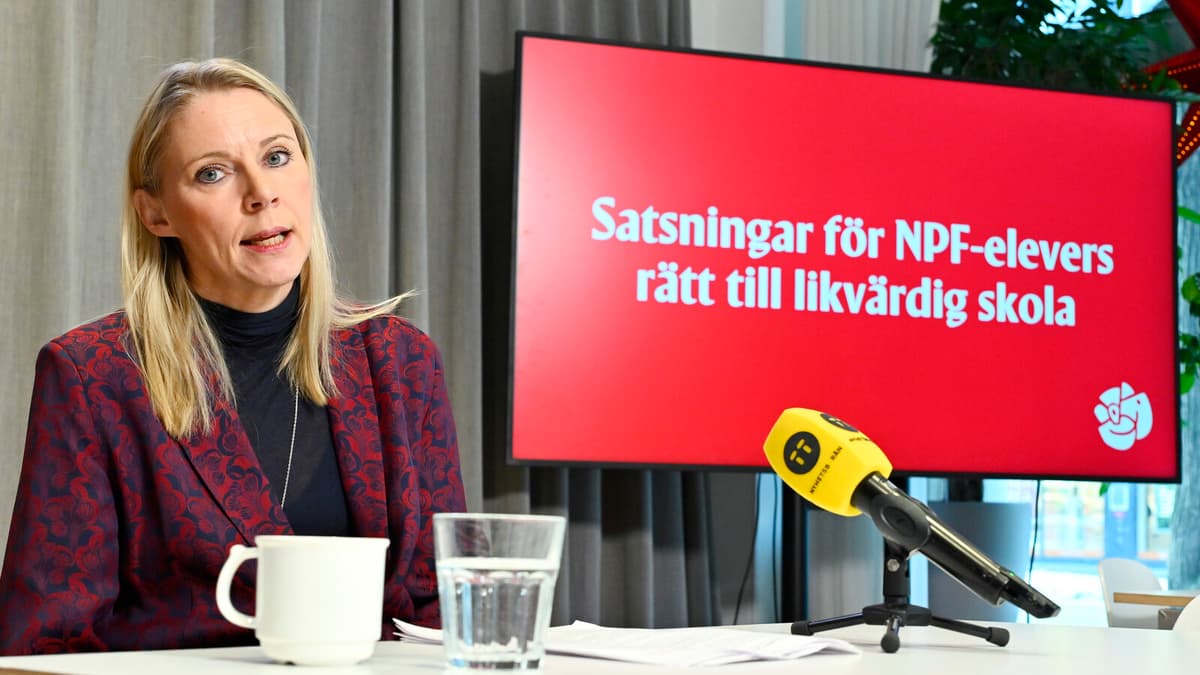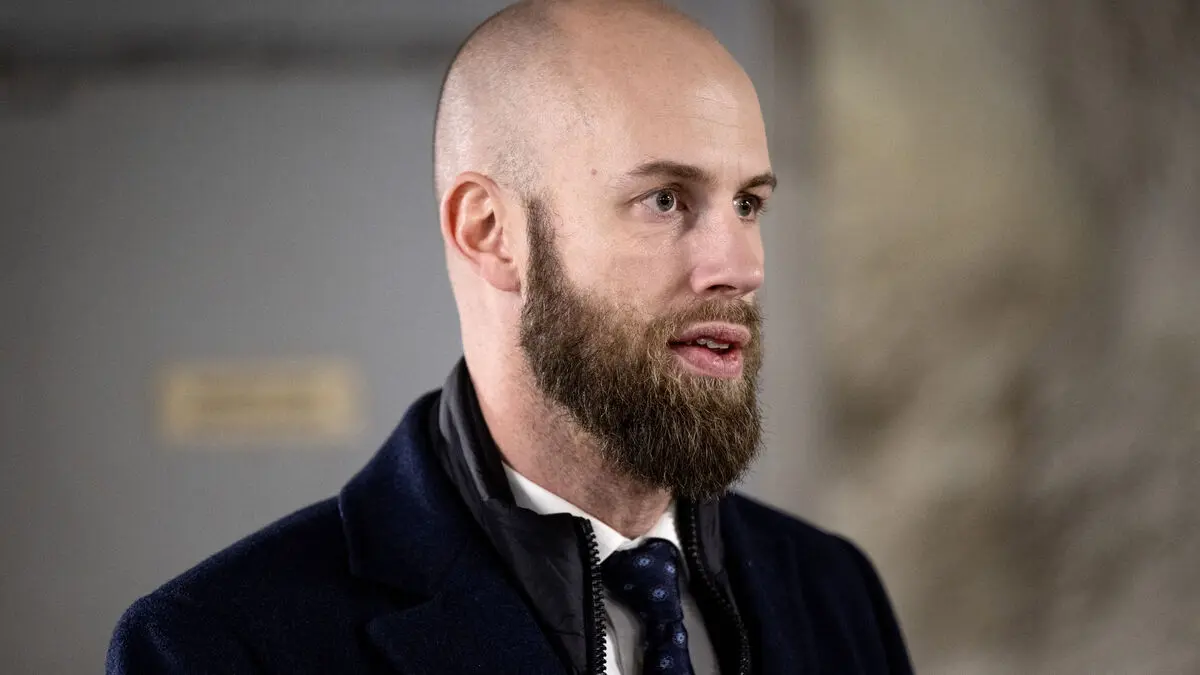Students with neuropsychiatric disabilities (NPF) have lower grades and as many as 34 percent lack eligibility for upper secondary school, compared to an average of 12 percent among children without the diagnosis, says Åsa Westlund, the Social Democratic Party's education policy spokesperson, at a press conference.
We must increase knowledge of what works for children with NPF diagnoses in school, she says.
She refers to a survey by the parent network "Right to Education" which also shows that the group has higher absenteeism, a higher degree of mental illness, and more often commit suicide.
I am self-critical that we have not done enough earlier to ensure that this group receives the help they need in school, she says.
The Social Democratic Party therefore wants it to be included in principal training to gain in-depth knowledge of NPF. The party also wants to invest in special research schools with the aim of gathering knowledge about NPF and methods for working with students with the diagnosis. The proposal is estimated to cost 200 million kronor per year.
The Social Democratic Party also wants school leaders to be required to report serious misconduct in a similar way to healthcare – a so-called "Lex edico".
In addition to the 200 million kronor per year, the Social Democratic Party says it is investing three billion more in schools than the governing parties.
Neuropsychiatric disabilities (NPF) are a broad group, including, among other things, ADHD, autism, dyslexia, ticks, and Tourette's.
The conditions affect how the brain and nervous system function and process information, and can affect concentration and involve an oversensitivity to stimuli, and difficulties in regulating emotions.
In the current review, the broader concept of neuropsychiatric difficulties is used, which also includes those who do not have – and may never receive – an NPF diagnosis.
Sources: SPSM, School Inspectorate.






